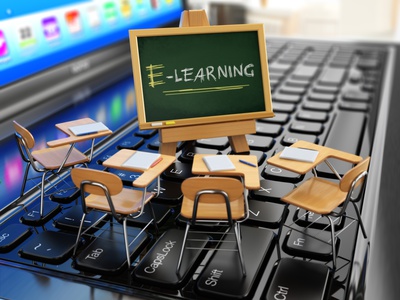INFRASTRUCTURE challenges in rural areas remain a major setback for e-learning and radio lessons which are being rolled out across the country as a mitigation against the effects of Covid-19 on learners, Primary and Secondary Education Deputy Minister, Edgar Moyo, told Parliament Wednesday.
Responding to questions from legislators on how e-learning and radio lessons were progressing in light of schools reopening being delayed by two weeks owing to rising Covid-19 cases in the country, Moyo said there were challenges.
“We know that for children to learn, they need to have what we call e-learning in English,” he said.
“We are facing challenges because we do not have infrastructure that will permit us to access the internet throughout the country. Our Ministry of education is working hand in hand with the Ministry of ICT. They are trying to reach as many children as they can throughout the country. What is happening now is that there are radio lessons that are taking place.”
He said radio lessons were not accessed by all learners across the country.
“We know that it is not all the children that are accessing radio lessons because of two reasons,” he said.
“Firstly, there is no network in some parts of the country. Secondly, some homes do not have radios but we have been working with our partners and we received about 6 000 radios that were donated to such schools that are not that developed.”
He explained further: “When it comes to those schools that did not receive the radios and where children cannot go to school in order to access those radios we have a preloaded material and the radios have pots where flash disks with all the materials that the children will have access through the radio, it is played on to the radio and the children listen.”
Moyo said his ministry has also written modules that have been distributed throughout the country where people cannot access the internet.
“We know that two months ago we launched television lessons and those are still ongoing and we were working together with information and broadcasting services [ministry],” he said.
“Those are efforts that are being put in place, we know that that is not enough, with time we will be able to reach out to all those children so that they can also perform better in their education. Using our education management information system we are able to determine which schools are in most need in the whole country. So, that was the criteria that was used.”

